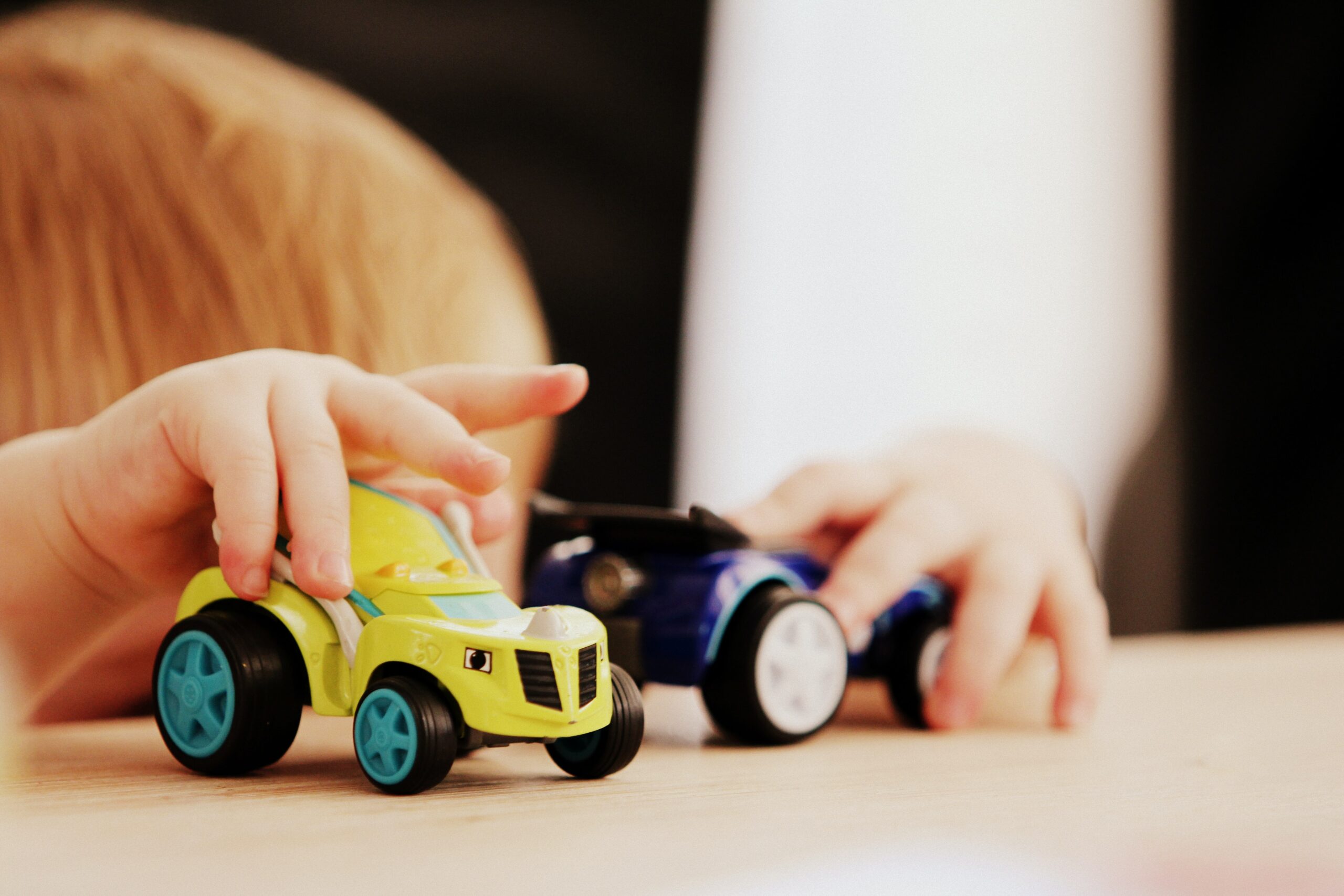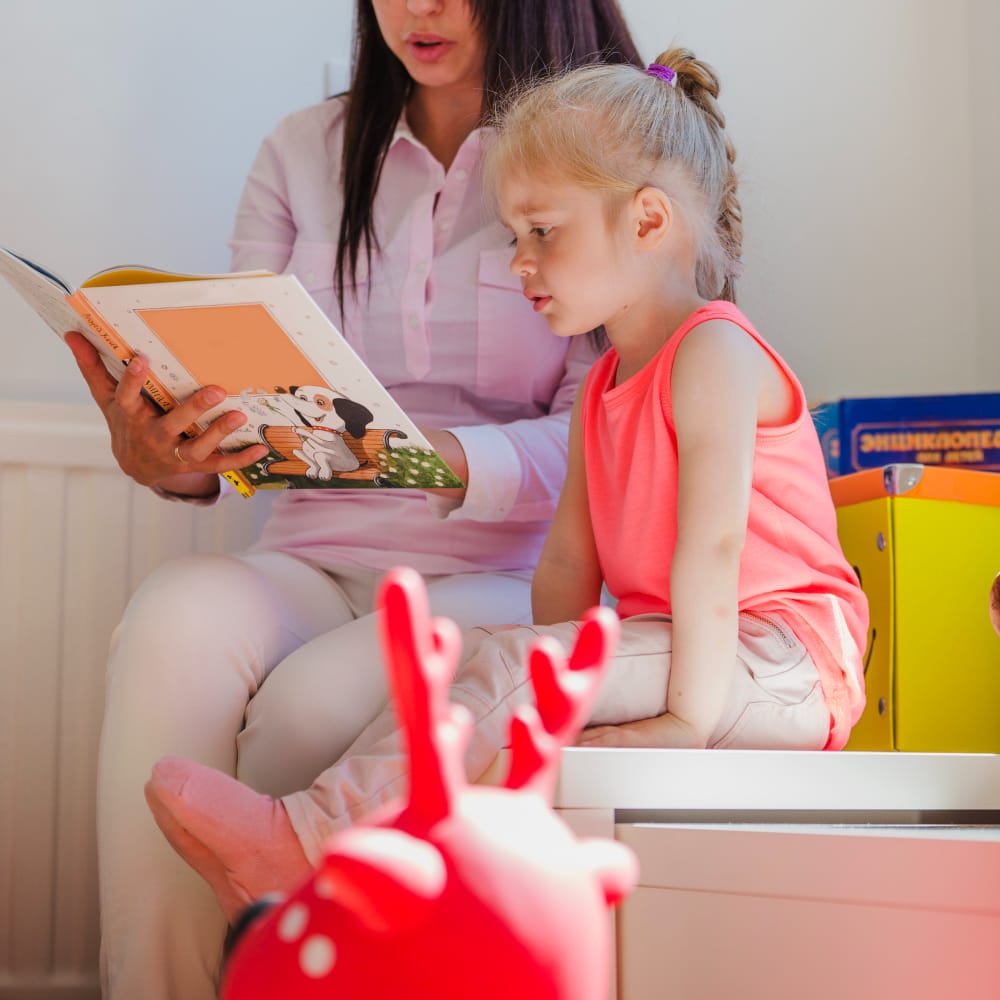Promoting independence is a key component of allowing your child to feel capable and respected. This is why independent play is so important. True independent play is when time is forgotten and your child can be a creator, safe in the hub of their own imagination and authorship.
The benefits of independent play
Independent play fosters self-reliance, allowing your child to feel they have control over their life. This type of play is also essential for helping to develop vital qualities such as concentration, patience, self-help, self-discipline and self-trust. Ultimately, it promotes the freedom to experience life fully and learn its many valuable lessons.
How to encourage independent play
Create a safe play space
When there are lots of rules around safety, it’s not fun to play. And if you keep saying ‘no’ or ‘be careful’, it’s not really independent play. So, make sure you have a designated space that is already safe and secure for your child to play. This means moving screens away, packing away breakables and plugging out any electric cables.
Invest in appropriate toy
Pack away the flashy, sound-making toys and provide your child with toys that are open-ended (such as building blocks) or toys with movement (such as dolls or cars). These toys are designed to engage creativity and imagination. Also make sure the toys are not too complicated to play with because this will make your child frustrated and bored quickly.
Foster a habit of play
Sometimes we forget or get too busy to make play a part of our children’s everyday routine. Playtime shouldn’t be complicated; it can simply be exploring nature or playing with cardboard boxes. The crucial thing is that you should allow your child to have time to just be themselves.
Make playtime a natural activit
You don’t have to constantly encourage your child to go play. And saying things like ‘I’m busy now, go play outside!’ are seen as a negative experience. Try to always keep it as light and natural as possible. Saying things like ‘Yay, it’s playtime!’ can make the whole experience fun and positive. Of course, it’s also important to give your child a choice. If they don’t want to play, they don’t have to.
Avoid commenting on your child’s play
Saying something like “Wow, that’s a high stack of blocks!” is usually well-intentioned, but shifts your child’s focus away from what they’re busy with. Allow your child to be fully engaged and get into the flow of their activities.
Keep the space calm
To fully encourage independent play, you have to give your child some quiet time. If someone keeps breaking what they’re building or moving pieces that your child is in the middle of using, they will get very frustrated and eventually give up on independent play.
Embracing independent play may take time
Fostering independent play in children can take time and patience. Some kids are naturally more content with their own company but for others, it can be a struggle. The key is to keep the whole process as natural as possible and never to force your child to engage in play.




